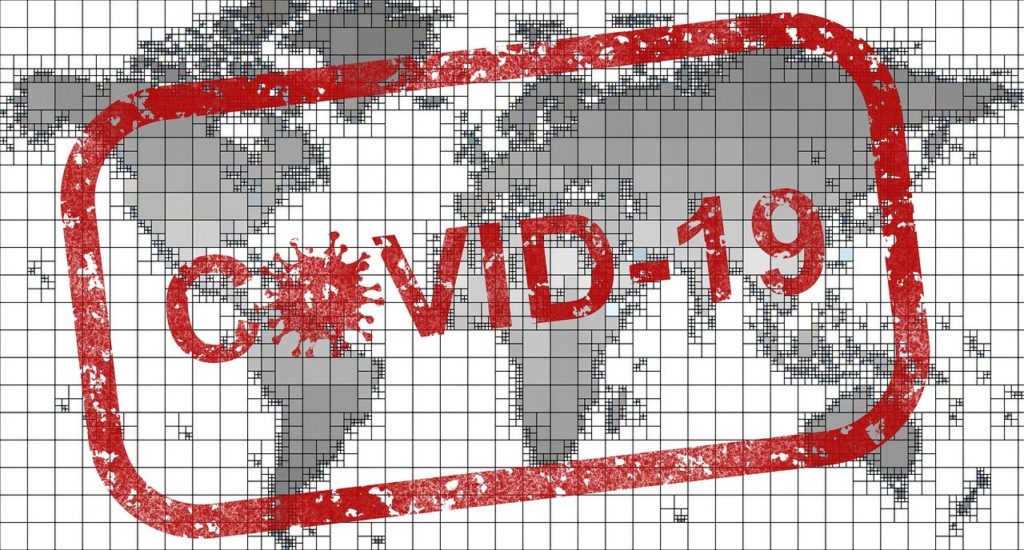The coronavirus crisis hasn’t been easy on the economy. Millions of Americans have filed for unemployment since March and many more are facing reduced incomes. In such circumstances, you sure wouldn’t be alone if you found yourself worrying about your credit score.
According to a Zest AI survey, close to half of adult Americans believe that the economic fallout from the pandemic will hurt their credit ratings. So, how can you ensure you come out of this unprecedented crisis with an unscathed credit? The following are five simple tips you can implement now.
Keep up with your credit reports.
By federal laws, consumers are entitled to a free annual credit report from each of the three major credit bureaus – Equifax, Experian, and TransUnion. In April, the three agencies made a joint decision to offer everyone free weekly credit reports for the next year.
Crediful advises that this is the right time, more than ever before, to stay on top of your reports. Use the information in these reports to track any fluctuations in your score and ensure that whatever is inside them is correct.
The three major credit agencies receive tons of complaints about inaccurate information, so you must make sure everything is on point and dispute anything that isn’t. You can download a free copy of your three credit reports from AnnualCreditReport.com.
Make the minimum payments on your credit cards.
Ordinarily, the best way to maintain a good credit score would be to make your payments in full. However, due to the effects of the Covid-19, you may be earning less or depending on unemployment benefits, meaning paying off your total statement balance is near impossible at this time.
The next best thing you can do is to pay the minimum payment instead of entirely defaulting. Remember, 35% of your FICO score is based on your payment history and making the minimum payment will ensure negative information like late payment, defaults, charge offs and collections do not feature in your records.
Sure, you may have to revolve a balance on your card for a few months, but once you pay your credit card balance in full, your score will bounce back.
Talk to your lenders, creditors, and service providers.
A large portion of the population is in financial distress, and lenders and creditors are well aware of this. If you find that you’re unable to make even the minimum payment on your credit card balance, reach out to your financial institution. Do this before defaulting, though, for a history of missed payments can have long-term effects on your score.
Chances are your creditors and lenders are willing to help, but they will want you to make that first move instead of leaving them to make their own assumptions. Besides, everyone’s financial situation is different which is why they encourage you to reach out to them for a more personalized solution.
The CARES Act passed recently by Congress also offers protection to consumers who are unable to make credit payments due to the pandemic. The Consumer Financial Protection Bureau released the following statement soon after:
“As lenders continue to offer struggling borrowers payment accommodations, Congress last week passed the CARES Act. The Act requires lenders to report to credit bureaus that consumers are current on their loans if consumers have sought relief from lenders due to the pandemic. The Bureau’s statement informs leaders they must comply with the CARES Act.”
So, be sure to take advantage of this law if you’re at a point where you just can’t afford even the least required payments on your loans and credit cards.
Make a budget and stick to it
Whether you’re relying on a reduced income, unemployment benefits, or a stimulus check, creating a new budget that suits this unique financial reality is crucial. Once you’ve fully assessed the total income you’re getting presently, rank your financial commitments in terms of urgency.
Food and rent, for example, should be a priority while non-essential purchases can be held off till later. This will allow you to stretch your resources for longer. Additionally, if you’ve come to some sort of personalized payment agreement with your creditors, try your best to stick to it.
Conclusion
The world is facing an unprecedented crisis and the government along with corporate institutions are doing their best to help people weather the storm. However, you still need to be proactive and take the necessary steps to prevent your credit score from going down. Cut back on any needless expenses, reach out to your creditors for a personalized payment plan, make a budget, and stick to it.
What are you doing to try and repair your credit score during this crisis? Have your efforts been fruitful? We’d love to hear your feedback in the comments.




